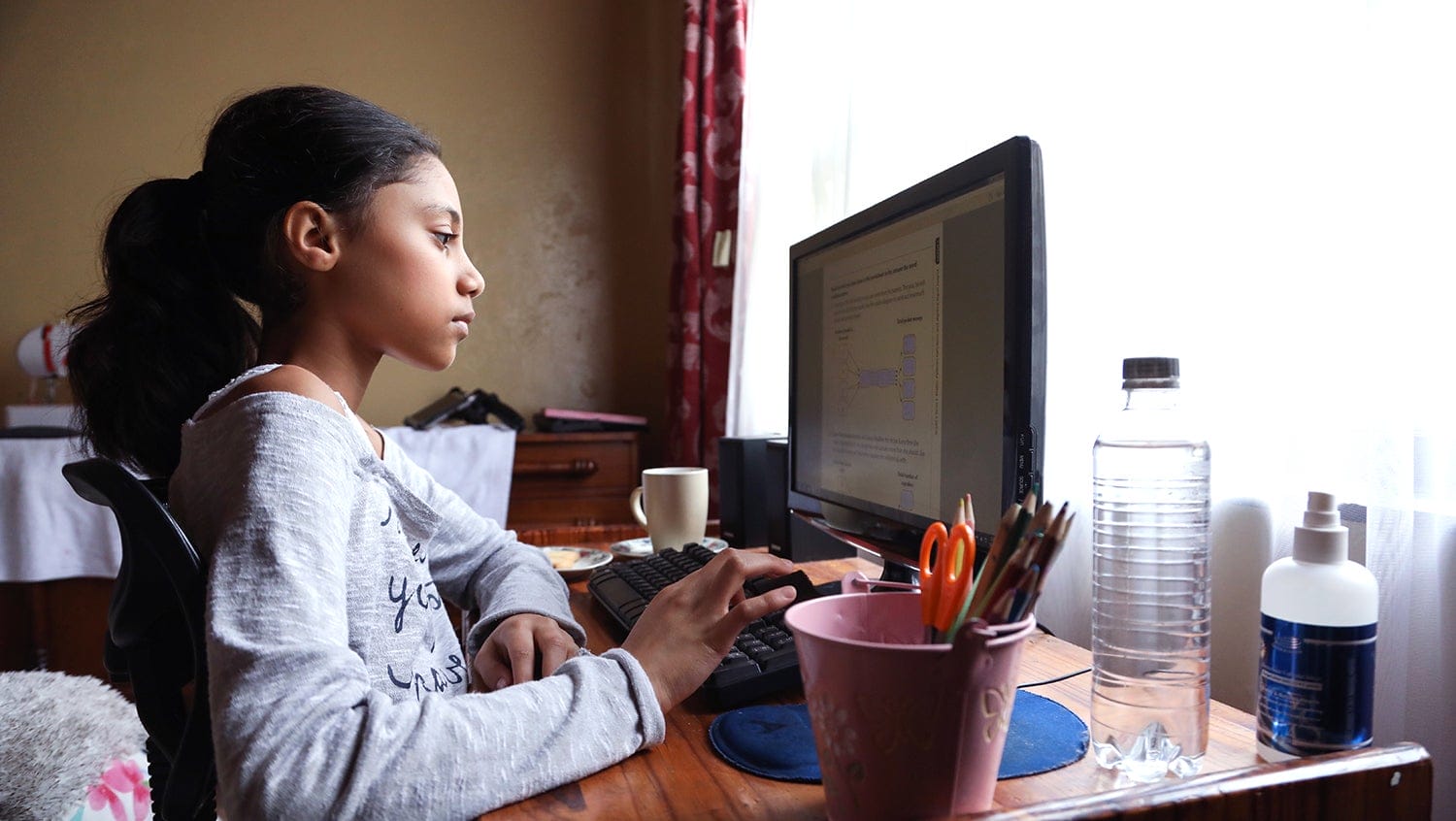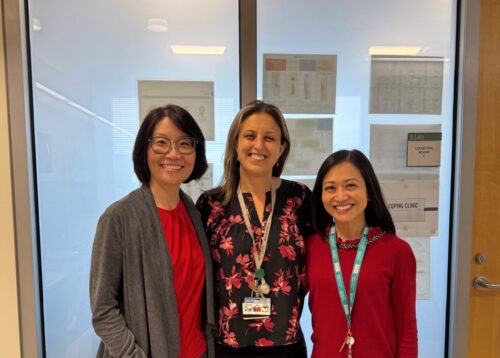TEAM UP: Adapting Integrated Behavioral Health in the Time of Coronavirus
April 29, 2020

Getty Images
Integrated behavioral health at community health centers, hinging largely on in-person care, pivots to function within the confines of the pandemic.
In the face of COVID-19 restrictions, safety-net organizations such as community health centers (CHCs) must find new ways to care for their most vulnerable patients and families. Having previously oriented their care toward in-person appointments, providers and staff are rapidly shifting how they respond to the changing needs of the populations they serve while adhering to social distancing recommendations. While CHCs are no strangers to overcoming barriers to care, a global pandemic is a whole new challenge.
TEAM UP for Children is a pediatric integrated behavioral health initiative co-developed by Boston Medical Center and seven community health centers across eastern Massachusetts. With behavioral health clinicians and community health workers (CHWs) available to provide comprehensive behavioral health services as part of routine medical care, the TEAM UP model focuses on meeting people where they are, so to speak. And while patients’ ability to leave their homes has changed, provider and staff willingness to meet them, by whatever means possible, has not.
“Of course not being able to have face-to-face interactions with families has been difficult, but we’ve been fortunate to get the support we need in order to make the needed changes to continue our work with these families,” says Jessica Miranda, a TEAM UP community health worker at Brockton Neighborhood Health Center. “There’s always been a need in the community, but the need is even higher now.”
Telehealth access to behavioral health and resilience during COVID-19
Under normal circumstances, community health workers focus on identifying social needs that impact health, connecting families to services in the community, and helping them navigate these services to ensure that their needs are met.
“A parent might bring their child in for a well-child visit, and we end up learning that they don’t have a stable place to live or are unable to navigate the school system because no one at the child’s school speaks the family’s native language,” says Emily Feinberg, ScD, CPNP, a nurse practitioner at DotHouse Health and director of implementation for TEAM UP for Children. And all of it has the potential to impact pediatric behavioral health.
During COVID-19, as business closures and mass layoffs cause a dramatic spike in social needs, CHWs continue to contact families by phone and connect them with local resources for food, housing, domestic violence services, and more.
For example, to support children and families with distance learning, CHWs are working with parents to connect with teachers and counselors at schools and virtually attending individualized education plan (IEP) meetings alongside families. At some health centers, CHWs are reaching out to expectant mothers by phone to establish a channel for communication and support as they near their due dates. CHWs complete developmental screeners over the phone and refer families to behavioral health providers when needs are identified.
Many healthcare organizations are embracing the new availability of telehealth to reach patients by phone, video chat, and text. This innovation has been particularly successful in behavioral health, which has also seen a huge spike in need during this pandemic. At Lowell Community Health Center (LCHC), overall visits have decreased significantly from efforts to limit contact, but visits in behavioral health have increased.
No-show rates are down in behavioral health televisits — sometimes the behavioral health issue itself is what prohibits patients from coming into the clinic
“We’ve seen a huge increase in visits because, while patients may struggle to find transportation, childcare coverage, and time off work, sometimes the behavioral health issue itself is what prohibits them from coming into the clinic,” says Duncan Speel, LMHC, director of behavioral health services at LCHC, explaining that for a patient with anxiety, a waiting room full of strangers can be a very daunting place. Now they can simply answer the phone and talk to their clinician from home. “No-show rates are down in behavioral health visits — if a patient doesn’t answer, we call them back in five minutes or stick them in a later time slot and try again.”
Many providers are themselves parents to young children and can relate to some of their patients’ experiences. Behavioral health clinicians work with families on strategies to promote resilience throughout this crisis, but also to assure them that their stress is normal.
“Many of the patients I speak to are just grateful to receive outreach from their care teams because this experience can be profoundly isolating,” says Rachel Lerner, LICSW, a behavioral health clinician at Greater New Bedford Community Health Center. “They feel so confused and frustrated about trying to get their kids to do schoolwork or play fewer video games. My goal is just to remind them that whatever they’re doing — whether it’s cooking a meal together, doing chores, or playing outside — lots of people are having the same struggle, it can all be educational, and, as long as people are healthy and safe, it’s all alright.”
A need for lasting transformation
Many providers, particularly in behavioral health, have recognized the need for greater access to telehealth services for years. Access to care is a familiar obstacle for vulnerable populations, and one for which community health centers have particular expertise in developing solutions. But as a result of COVID-19, access has become an issue across the board, sparking a dramatic transformation in the delivery of healthcare and widespread adoption of care delivery methods like telehealth that many providers have long viewed through an access lens.
But the question remains: What will happen to these services when we move past the COVID-19 crisis? For the high-need patient populations of community health centers, the hope is that these treatment modalities will remain part of the solution to the many barriers to care. While COVID-19 has exacerbated many of the social, emotional, and behavioral health needs of this population, the crisis of access existed long before the pandemic took hold.
All activities of the TEAM UP initiative are made possible through the contributions of the TEAM UP partners: Codman Square Health Center, The Dimock Center, Lowell Community Health Center, Brockton Neighborhood Health Center, DotHouse Health, Greater New Bedford Community Health Center, South Boston Community Health Center, Boston Medical Center, and Boston University School of Medicine. Funding for the TEAM UP for Children initiative is provided by the Richard and Susan Smith Family Foundation and The Klarman Family Foundation.


